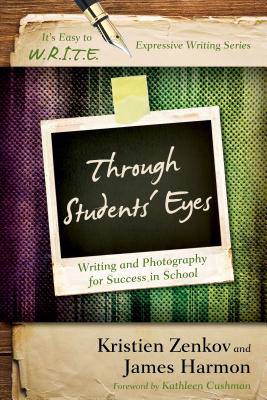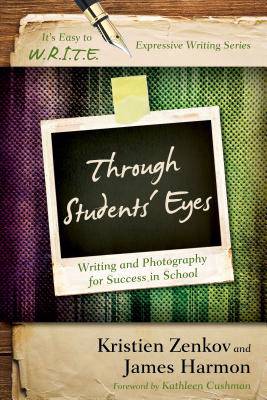
- Afhalen na 1 uur in een winkel met voorraad
- Gratis thuislevering in België vanaf € 30
- Ruim aanbod met 7 miljoen producten
- Afhalen na 1 uur in een winkel met voorraad
- Gratis thuislevering in België vanaf € 30
- Ruim aanbod met 7 miljoen producten
Zoeken
€ 186,95
+ 373 punten
Uitvoering
Omschrijving
Today's educators--pre- and in-service teachers and teacher educators serve increasing percentages of adolescents who have limited relationships to school. These young people are often our most diverse youth; they are frequently English Language Learners (ELLs) and immigrants, and they are too often part of multi-generational dropout and disengagement trends. Teachers are desperate for pedagogical philosophies, curricula, and practices that will support them with helping young people appreciate the value of school, engage or re-engage youth with this most foundational of our public institutions and aid adolescents in the development of the core literacy and writing skills they need to be successful in school and beyond. This volume will assist teachers in recognizing the increasing diversity of their students who often look very different from and have life and school experiences that are very different than those of the educators who serve them. Current and future educators must utilize relevant curricula and creative pedagogies that honor students' diverse cultures and school and community experiences, while respecting our highest ideals for educational equity and social justice. With this volume, the authors respond to the quickly shifting demographics of schools' student populations and the disengagement trends teachers frequently encounter but rarely know how to address. We offer compelling, relationship-driven pedagogical principles and instructional strategies that appeal to diverse youths' voices and cultures and rely on broad, visually- and technology-based notions of literacy.
Specificaties
Betrokkenen
- Auteur(s):
- Uitgeverij:
Inhoud
- Aantal bladzijden:
- 216
- Taal:
- Engels
- Reeks:
Eigenschappen
- Productcode (EAN):
- 9781475808094
- Verschijningsdatum:
- 22/01/2016
- Uitvoering:
- Hardcover
- Formaat:
- Genaaid
- Afmetingen:
- 155 mm x 231 mm
- Gewicht:
- 544 g

Alleen bij Standaard Boekhandel
+ 373 punten op je klantenkaart van Standaard Boekhandel
Beoordelingen
We publiceren alleen reviews die voldoen aan de voorwaarden voor reviews. Bekijk onze voorwaarden voor reviews.








